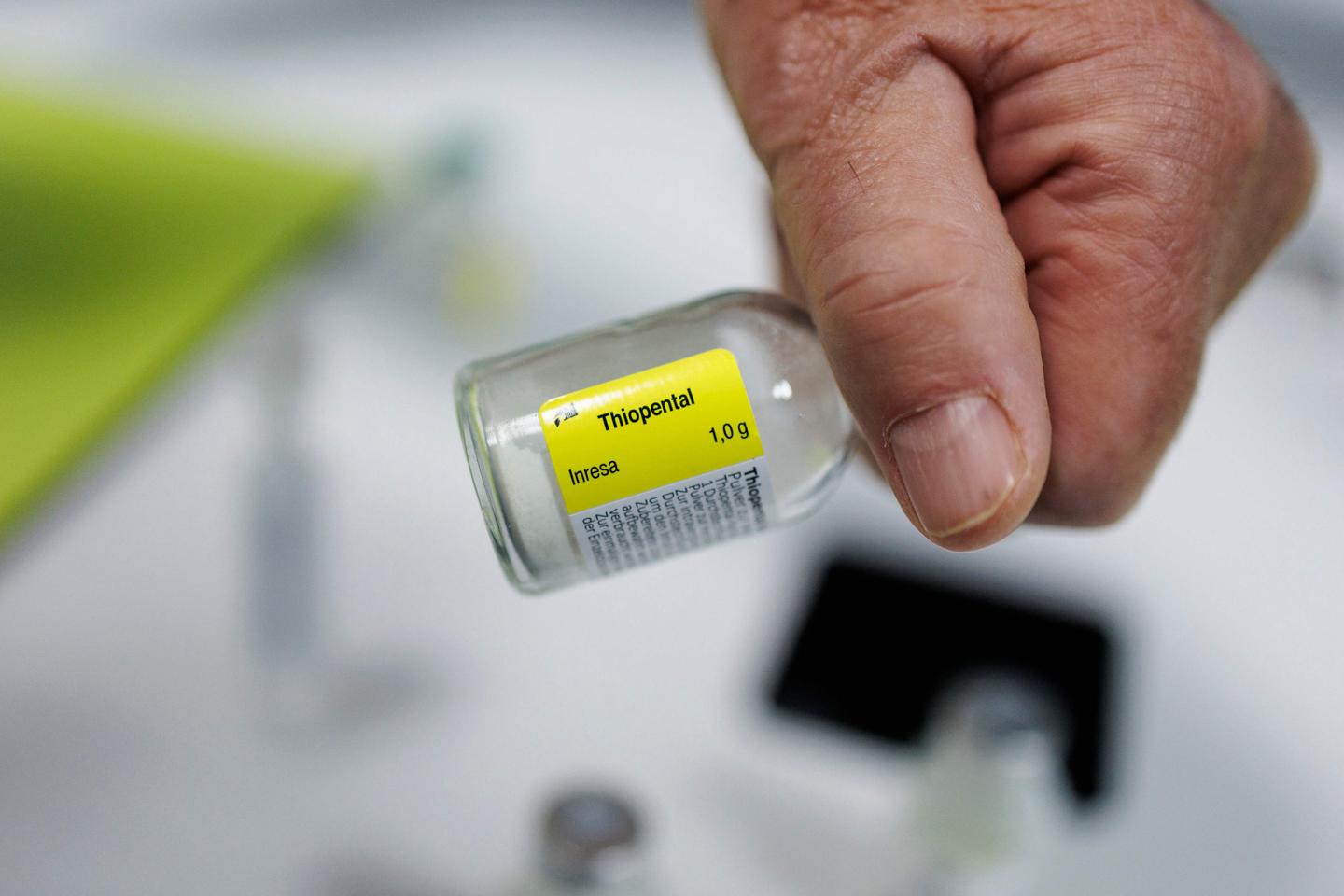


Few subjects so closely intertwine intimate convictions, real-life experience and collective responsibility as the end of life. While the possibility of medical assistance to shorten an untenable life raises dizzying questions for everyone, without exception, and calls for complex answers, it attracts a spectacular 90% of positive responses among the French. Emmanuel Macron, unlike his predecessor, has had the courage to open wide the debate on a change in legislation almost unanimously desired.
While it represented progress, the 2016 Claeys-Leonetti law – authorizing "deep and continuous sedation until death" for patients in extreme suffering, whose survival prognosis is at risk in the short term – does not answer to all situations or all demands. It is unacceptable for patients in distress to be forced to go to Switzerland or Belgium, or to order products of uncertain composition online. At a time when the freedom to have an abortion has just been enshrined in the Constitution, it's time for the law to recognize the freedom to choose one's death when the conditions for a dignified and bearable life are no longer met.
In September 2022, the National Ethics Committee recognized "the possibility of legal access to assisted suicide" under "strict" conditions, paving the way for a citizens' convention on the subject. At the end of a lively debate in April 2023, 184 citizens of all political and religious affiliations voted by a majority, without masking their differences, in favor of "opening the door to active aid in dying." They confirmed the president had a solid basis on which to announce, as he just did on Sunday, the introduction in April of a bill on "aid in dying," which he presented as a text of "unity and fraternity".
By imposing stricter conditions on access to this "aid" than those recommended by the citizens' convention – minors excluded, patient's capacity for discernment, survival prognosis, collegial decision by a medical team, reflection period – Macron avoided the most dangerous potential situation: encouraging the poorest people to choose to disappear for fear of burdening society or their families. But the text presented has not avoided all criticism. The procedure appears complex and the definition of "short- or medium-term survival prognosis" seems uncertain.
Take all the time you need for discussion
The refusal to use the words "euthanasia" and "assisted suicide," as well as "right" and "freedom," stems from the laudable intention not to split the debate. But it means it is unclear if there is an intention to open up these two possibilities in a highly regulated way. As for the fear that "aid in dying" will be introduced to the detriment of access to palliative care for all, which is of paramount importance, this concern has not been dispelled due to imprecise and insufficient presidential announcements.
Faced with such sensitive and complex issues, it is now up to Parliament to take all the time needed to debate and adopt a text on a subject that is already well-established in the national conversation. It would be regrettable if the start of the European election campaign hindered the debate and a progress which, by definition, transcends political divisions.
